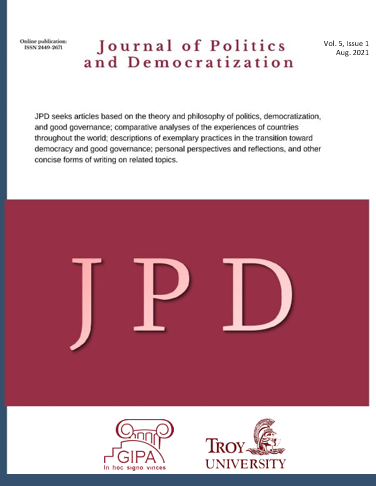Impact of Risk and Utility Discounting Factors on Behavioral Economics Models in Addiction Groups
Main Article Content
Abstract
This paper examines the attitude towards risk and the benefit to be received in various experimental and control groups. Analysis of the literature shows that risk-related and myopic decisions are typical to addiction groups which in the context of various alternatives conduct risky and less risky benefit analysis, two experiments have been conducted to determine these factors, which have shown that groups with addiction behavior are prone to risky behaviors. The main question of the research was to determine whether the decision on stopping taking drugs affected the risk factors. The results showed that there is no significant difference in these factors with respect to the persons involved in the replacement therapy, on the one hand, and the drug users who have not applied for treatment, on the other hand, which means that the decision on discontinuing use of drugs does not change the attitude towards risky decisions. This leads us to introduce a variety of choices to the consumer market in implementation of result-oriented drugpolicy to create alternatives with higher opportunity costs.
